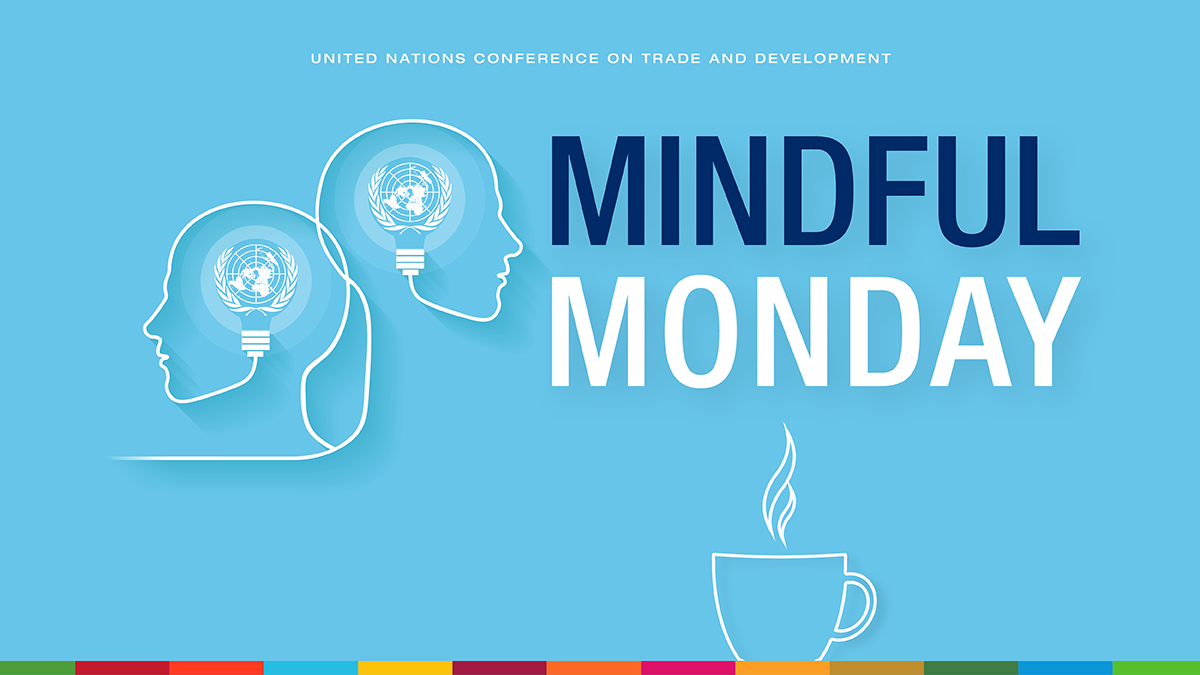By Isabelle Durant, Acting Secretary-General of UNCTAD

The global economy is expected to grow by 4.7% this year, faster than predicted in September (4.3%), thanks in part to a stronger recovery in the United States, where progress in distributing vaccines and a fresh fiscal stimulus of $1.9 trillion are expected to boost consumer spending, says UNCTAD's new analysis. But this will still leave the global economy over $10 trillion short of where it could have been by the end of 2021 if it had stayed on the pre-pandemic trend and with persistent worries about the reality behind the rhetoric of a more resilient future.
The analysis, entitled “Out of the frying pan... Into the fire”, was published on 18 March as an update to UNCTAD's Trade and Development report. It highlights that the brunt of the hit to the global economy is being felt in developing countries with limited fiscal space, tightening balance of payments constraint and inadequate international support.
While all regions are expected to see a turnaround this year, potential downside health and economic risks could still produce slippages. In countries where poverty levels are already high and large parts of the labour force are working in informal jobs, the immediate impact of even a small downturn in economic activity would be devastating. The World Bank estimates that a quarter of a billion more people will slide into poverty (on a $3.20 daily benchmark) as a result of the pandemic.
The report notes that it will take more than one year for output and employment to return to their pre-COVID-19 levels in most countries and that the pandemic will have lasting economic and health consequences that will require continued government support.
Contact person: Isabelle Valentiny, Chief of Staff, a.i. : isabelle.valentiny@un.org


